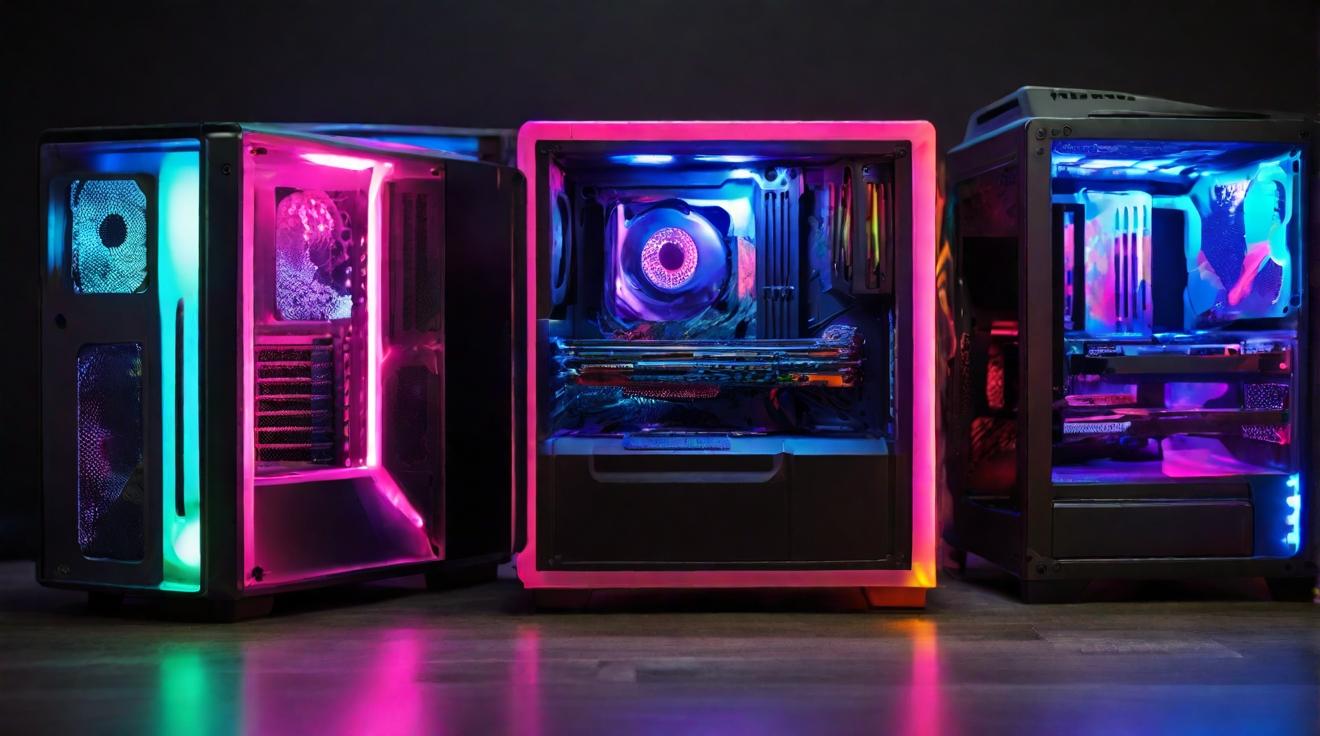Microsoft Partners with Intel for Custom Chip Development
Microsoft has recently announced a partnership with Intel for the development of a custom chip. Intel’s Foundry division will be working with the tech giant to create an in-house chip design using Intel’s advanced 18A (1.8nm) fabrication process. The finalized product is expected to be available in 2025.
This collaboration highlights Intel Foundry’s efforts to expand its presence in the contract chip-making market, competing with industry leaders like TSMC and Samsung. With clients such as MediaTek, Qualcomm, and Amazon, Intel Foundry is gaining traction in the industry.
Microsoft’s move aligns with its focus on enhancing AI services, following the introduction of Azure Maia AI Accelerator and Azure Cobalt 100 CPU server chips. The Cobalt 100 chip, based on Arm architecture, will leverage Intel’s 18A process for optimized performance and efficiency.
Intel’s CEO, Pat Gelsinger, confirmed that the 18A process is set for manufacturing readiness by the second half of 2024, with products using this technology expected in 2025. Intel also revealed plans for a new 14A (1.4nm) node by the end of 2026 as part of its extended process technology roadmap.
The establishment of Intel Foundry in 2021 under Gelsinger’s leadership reflects Intel’s ambitions to become a key player in chip manufacturing. The division aims to be the second-largest external foundry by 2030.
The Microsoft-Intel partnership demonstrates the potential of strategic collaborations in the competitive chip-making market. With a focus on innovation and pushing boundaries, the impact of their joint efforts on the industry remains to be seen.
Analyst comment
Positive news.
Short analysis: The partnership between Microsoft and Intel for custom chip development is a positive move for both companies. It aligns with Microsoft’s focus on enhancing its AI services and showcases Intel’s ambitions in the contract chip-making market. The collaboration has the potential to impact the industry as a whole and contribute to Intel’s goal of becoming a major player in the chip-making sector.













